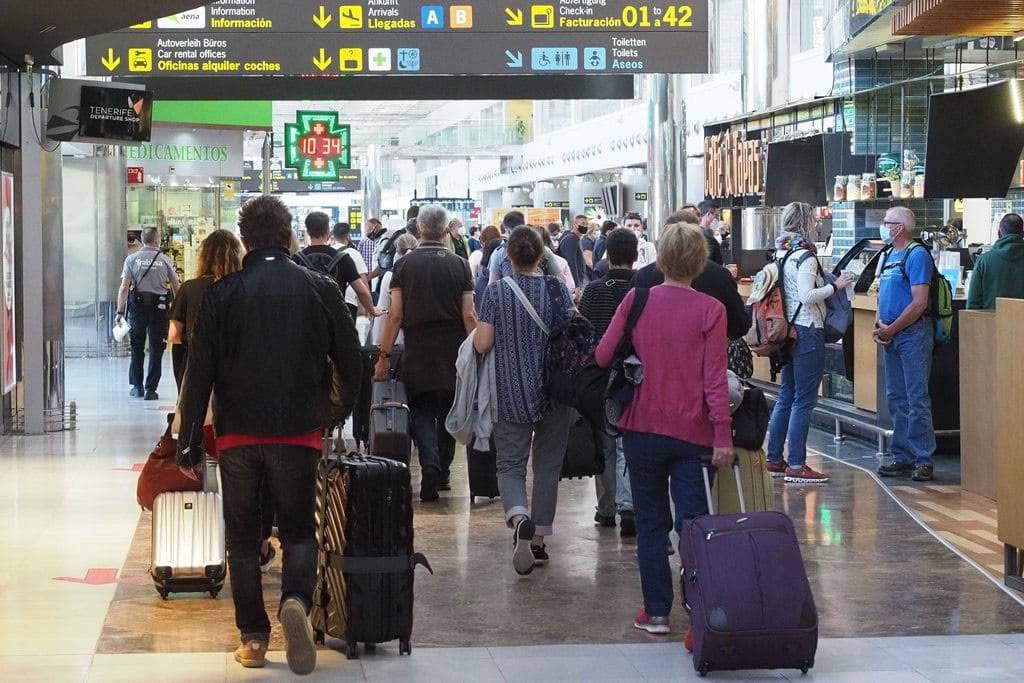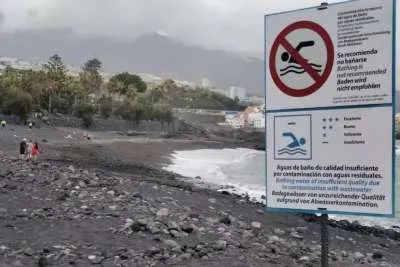Shorter holidays and a drop in overnight stays is a concern for Canary Islands tourism
- 25-01-2024
- Travel
- Canarian Weekly
- Photo Credit: Stock Image
Ashotel's manager, Juan Pablo González, has highlighted in a press release that 2023 concluded with "undeniable" figures in the tourism sector, boasting 13.8 million visitors that stayed in holiday accommodation but warned about a growing trend of stays that are becoming shorter, leading to a decline in the average length of holidays.
According to the association, representing the primary economic engine of the Canary Islands, both hotel and non-hotel accommodations closed 2023 with 13.8 million hosted travellers, a 3.1% increase compared to 2019, the pre-pandemic benchmark.
Despite surpassing those visitor numbers, there was a 2.3% decrease in overnight stays, totalling 95.7 million compared to 97.9 million in 2019.
Data from the Canary Islands Institute of Statistics (Istac) Accommodation Survey, analysed by Ashotel's Tourism Competitiveness and Sustainability Observatory, reveal that although visitor numbers have rebounded, tourists are spending fewer days in the islands overall.
Ashotel's manager emphasised that while data on travellers and revenue show growth, overnight stays have not yet reached 2019 levels due to a drop in average stays. He also noted that when comparing variables over two years with price components, inflation must be considered, reducing the percentage increases in real terms.
Breaking down the figures by island, La Palma continues to struggle with negative trends in overnight stays compared to pre-pandemic data, experiencing the worst performance in the archipelago in 2023 with a 45% decrease. Following are La Gomera (-22.6%), El Hierro (-12.6%), and Gran Canaria (-8.6%). In contrast, Fuerteventura showed the most promising results, with a 4.7% increase, followed by Tenerife (+1.4%) and Lanzarote (+0.1%).
Regarding hosted travellers, Fuerteventura again led with a remarkable 10.6% growth (1.97 million), trailed by Tenerife (+7.2%, 5.3 million) and Lanzarote (+3.5%, 2.5 million). Conversely, La Palma (-29.7%, 162,029), La Gomera (-26.7%, 128,495), El Hierro (-5.2%, 20,400), and Gran Canaria (-2.5%, 3.8 million) saw declines.
Total revenues in accommodation establishments reached €4.9 billion across the Canary Islands, a 25.3% increase from the €3.9 billion in 2019. Ashotel suggests that this indicator shows the most positive trend compared to the other two (hosted travellers and overnight stays), indicating an increase in the average spending at accommodation establishments.
However, the association advises caution when making year-to-year comparisons involving price-related variables, considering the impact of annual inflation on results.
Other articles that may interest you...
Trending
Most Read Articles
Featured Videos
TributoFest: Michael Buble promo 14.02.2026
- 30-01-2026
TEAs 2025 Highlights
- 17-11-2025































































